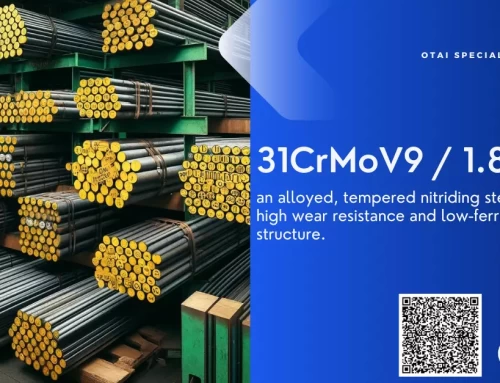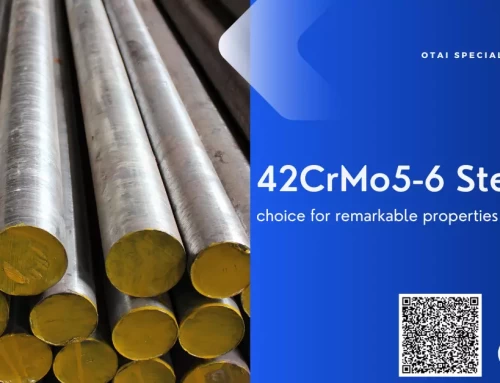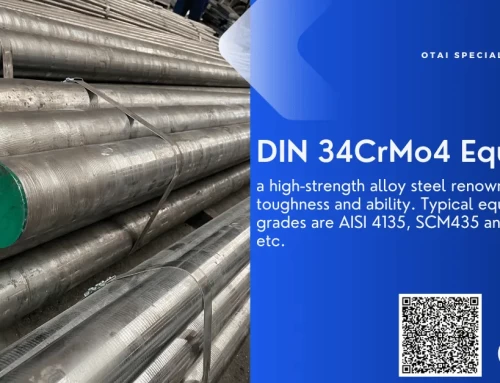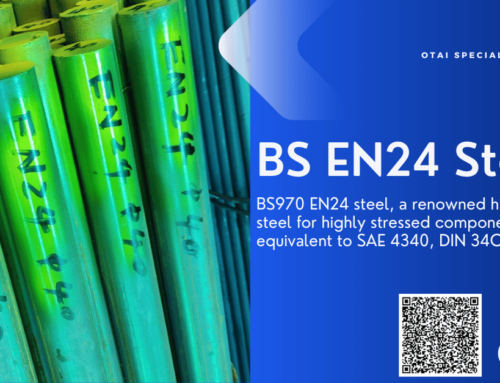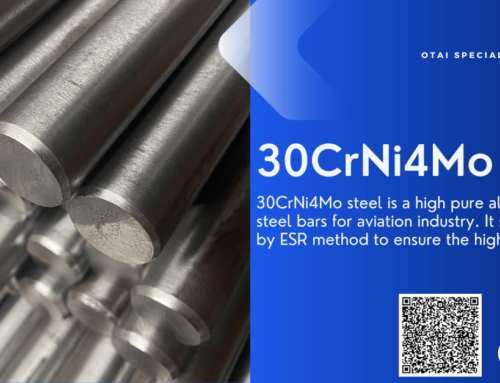DIN 1.8159 steel, recognized by various standards and names such as 51CrV4, AISI 6150, and more, stands out in the world of materials due to its unique blend of properties. This alloy steel is a testament to the advancements in metallurgy, offering a balance of strength, toughness, and resistance to wear that is hard to match.
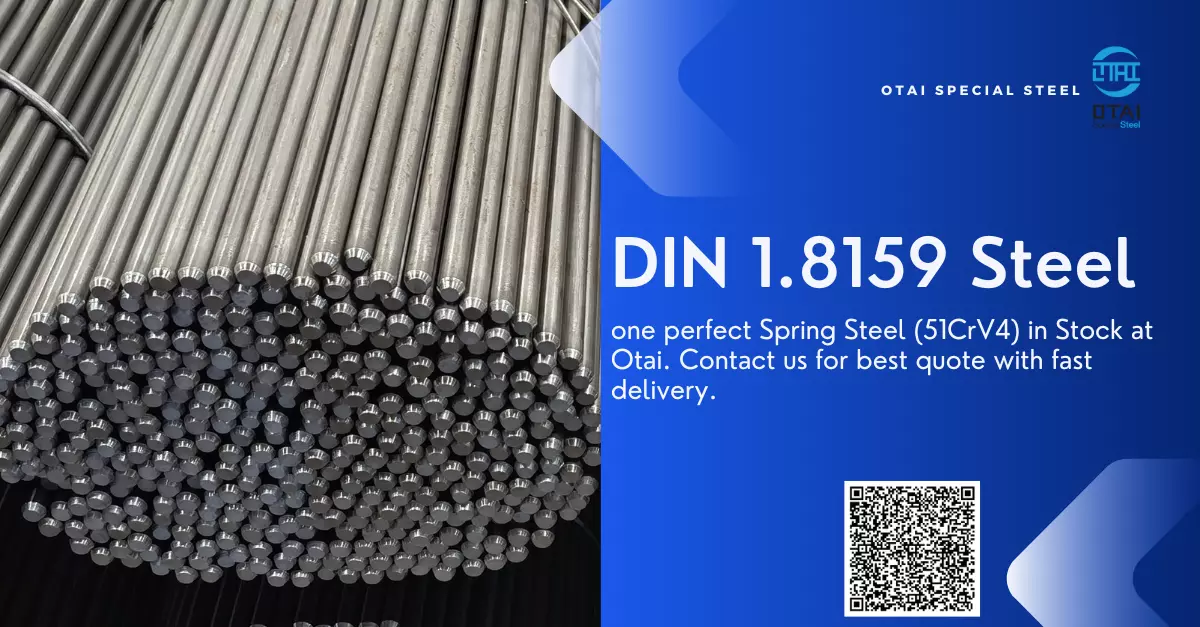
Supply Range of 1.8159 Material
1.8159 material, also recognized as spring steel, is available in various forms, catering to diverse industrial needs:
- Round Bar: Common sizes range from 8mm to 250mm in diameter.
- Steel Plate: Thickness varies, typically from 2mm up to 200mm.
Relevant 1.8159 Specifications and Equivalent Steel Grades
DIN 1.8159 is known under the DIN standard as 51CrV4. However, it aligns with numerous other standards and equivalents worldwide, making it a versatile choice for global applications.
| Standard | Equivalent Grade |
|---|---|
| DIN | 50CrV4 |
| AISI/SAE | 6150 |
| EN | 51CrV4 |
| JIS | SUP10 |
1.8159 Chemical Composition
The chemical composition of steel 1.8159 is meticulously designed to impart the desired properties for spring and high-stress applications.
| Element | Percentage (%) |
|---|---|
| Carbon (C) | 0.47-0.55 |
| Silicon (Si) | 0.15-0.40 |
| Manganese (Mn) | 0.70-1.10 |
| Chromium (Cr) | 0.90-1.20 |
| Vanadium (V) | 0.10-0.25 |
Properties of 1.8159 Spring Steel
This material stands out for its exceptional blend of durability and flexibility. Key properties include:
- High tensile strength
- Superior yield strength
- Excellent fatigue resistance
- Good wear resistance
Forging of 1.8159 Material
Forging spring steel 1.8159 should be done between 1050°C to 850°C, followed by cooling in still air. This process enhances its mechanical properties, making it ideal for critical applications.
Heat Treatment of 1.8159 Spring Steel
To achieve optimal performance, 1.8159 alloy steel undergoes several heat treatment processes:
- Annealing: Heat to 650°C – 700°C, then slowly cool.
- Normalizing: Heat to 870°C – 900°C, then air cool.
- Quenching: Heat to 830°C – 860°C, then quench in oil or water.
- Tempering: Temper at 450°C – 600°C, based on desired final properties.
Applications of Spring Steel 1.8159
1.8159 material is extensively used in the automotive and aerospace industries, among others, for manufacturing high-strength components like gears, springs, and high-stress parts due to its excellent mechanical properties and resilience.
Buy 1.8159 Spring Steel from Otai
1.8159 spring steel, with its exceptional properties and versatile applications, remains a preferred choice for manufacturers worldwide. Whether for automotive springs, aerospace components, or other high-stress applications, 1.8159 material offers a reliable solution that combines strength, flexibility, and durability.
We maintain spring steel 1.8159 / 51CrV4 steel in stock for fast delivery. Contact us for the best quote and fast delivery. Let Otai be your best supplier of DIN 1.8159 spring steel material.
FAQs
- What makes 1.8159 material ideal for spring applications? 1.8159 steel’s high fatigue resistance and excellent yield strength make it perfect for springs and high-stress parts.
- Can 1.8159 material be welded? Yes, with precautions due to its high chromium content. Preheating and post-weld heat treatment are recommended.
- What industries commonly use 1.8159 spring steel? Automotive, aerospace, and manufacturing industries favor 1.8159 for its durability and resistance properties.
- How does heat treatment affect 1.8159 alloy steel? Heat treatment enhances its mechanical properties, making it suitable for tougher applications.
- Is there a difference between 1.8159 and 50CrV4? No significant difference; 50CrV4 is the DIN designation for the same steel grade, known as 1.8159 in other standards.

